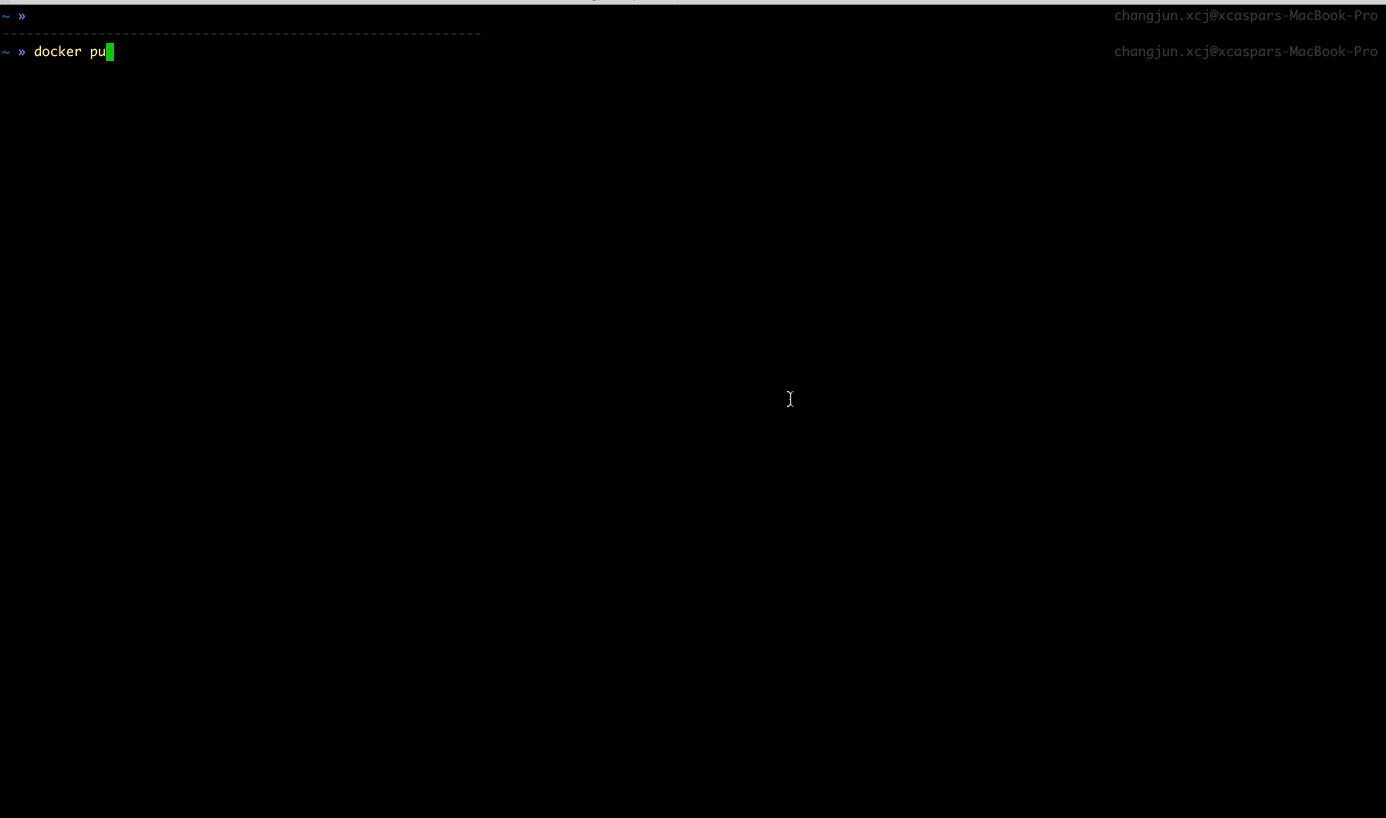Chaosblade is an experimental tool that follows the principles of Chaos Engineering and is used to simulate common fault scenarios, helping to improve the recoverability of faulty systems and the fault tolerance of faults.
Chaosblade is Alibaba's internal MonkeyKing open source project. It is based on Alibaba's nearly ten years of fault testing and practice, combining the best ideas and practices of the Group's businesses.
Chaosblade can be compiled and run directly, and the cli command prompt makes it easier to perform chaos engineering experiments. Currently supported experimental areas include os, java, docker and kubernetes, for example, filling disk, killing process, network delay, Dubbo, MySQL, Servlet and custom class methods of Java application class delay or exception, kill container, kill Pod and so on. You can execute blade create -h command to view
Chaosblade's cli tool is a blade that can be used directly after downloading or compiling. The list of blade commands is as follows:
- prepare: alias is p, preparation before the chaos engineering experiment, such as drilling Java applications, you need to attach the java agent. For example, to drill an application whose application name is business, execute
blade p jvm --process businesson the target host. If the attach is successful, return the uid for status query or agent revoke. - revoke: alias is r, undo chaos engineering experiment preparation before, such as detaching java agent. The command is
blade revoke UID - create: alias is c, create a chaos engineering experiment. The command is
blade create [TARGET] [ACTION] [FLAGS]. For example, if you implement a Dubbo consumer call xxx.xxx.Service interface delay 3s, the command executed isblade create dubbo delay --consumer --time 3000 -- Service xxx.xxx.Service, if the injection is successful, return the experimental uid for status query and destroy the experiment. - destroy: alias is d, destroy a chaos engineering experiment, such as destroying the Dubbo delay experiment mentioned above, the command is
blade destroy UID - status: alias s, query preparation stage or experiment status, the command is
blade status UIDorblade status --type create
Use the blade help [COMMAND] command to view help
Download the chaosblade demo image and experience the use of the blade toolkit
Download image command:
docker pull registry.cn-hangzhou.aliyuncs.com/chaosblade/chaosblade-demo:latestRun the demo container:
docker run -it registry.cn-hangzhou.aliyuncs.com/chaosblade/chaosblade-demo:latestAfter entering the container, you can read the README.txt file to implement the chaos experiment, Enjoy it.
Install Golang first, then download the project to GOPATH:
go get github.com/chaosblade-io/chaosbladeThis project was downloaded to the GOPATH/src/github.com/chaosblade-io/chaosblade directory. You can execute go env command to view the GOPATH value.
Go to the the project root directory(GOPATH/src/github.com/chaosblade-io/chaosblade) and execute compile:
makeIf you compile the linux package on the mac operating system, you can do:
make build_linuxIf you compile the chaosblade image, you can do:
make build_imageCompilation process:
- Create the compilation result folder target and chaosblade version directory in the project root directory, and the compiled file is placed in the target/chaosblade-[version] directory.
- Download the third-party package jvm-sandbox required by Java Application Chaos Experiment to the cache folder (target/cache)
- Download chaosblade java agent and tools.jar (for attaching jvm), jar package for implementing Java chaos experiments to cache folder (target/cache)
- Unzip the JVM-SANDBOX package to the target/chaosblade-[version]/lib directory; copy the chaosblade java agent jar to the JVM-SANDBOX module directory (target/chaosblade-[version]/lib/sandbox/module)
- Compile the blade (cli command tool) to the target/chaosblade-[version] directory, and other programs needed to implement the chaos experiment will be compiled into the target/chaosblade-[version]/bin directory.
- Compile is complete, you can enter the target/chaosblade-[version] directory, you can use the blade toolkit.
clean compilation:
make clean- Cli contains create, destroy, status, prepare, revoke, version commands
- Relevant chaos experiment data is stored locally using SQLite (under the chaosblade directory)
- Create and destroy commands are used to create or destroy chaos experiments
- Prepare and revoke commands are used to prepare or revoke experimental environment,such as attaching jvm-sandbox
- Chaos experiment and environment preparation record can be queried by status command
- chaosblade-exec-jvm: chaosblade executor for Java Applications
Chaosblade is licensed under the Apache License, Version 2.0. See LICENSE for the full license text.



